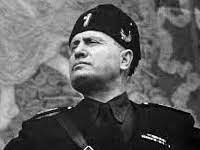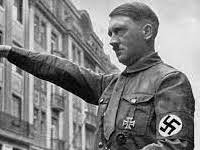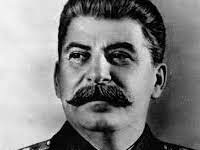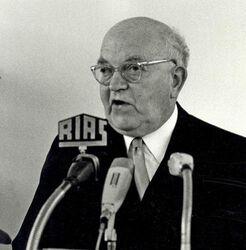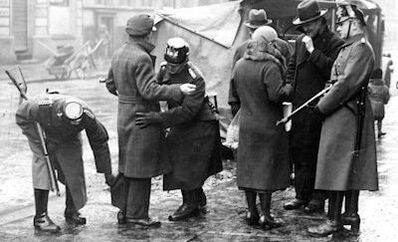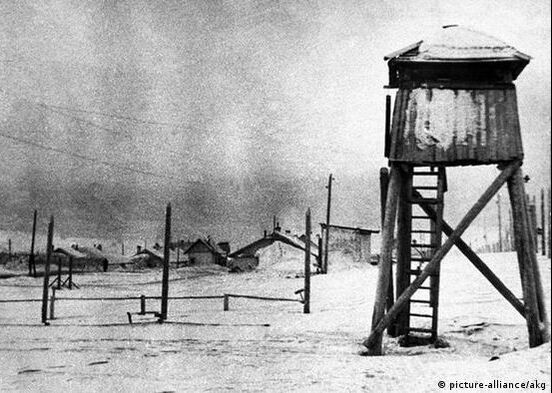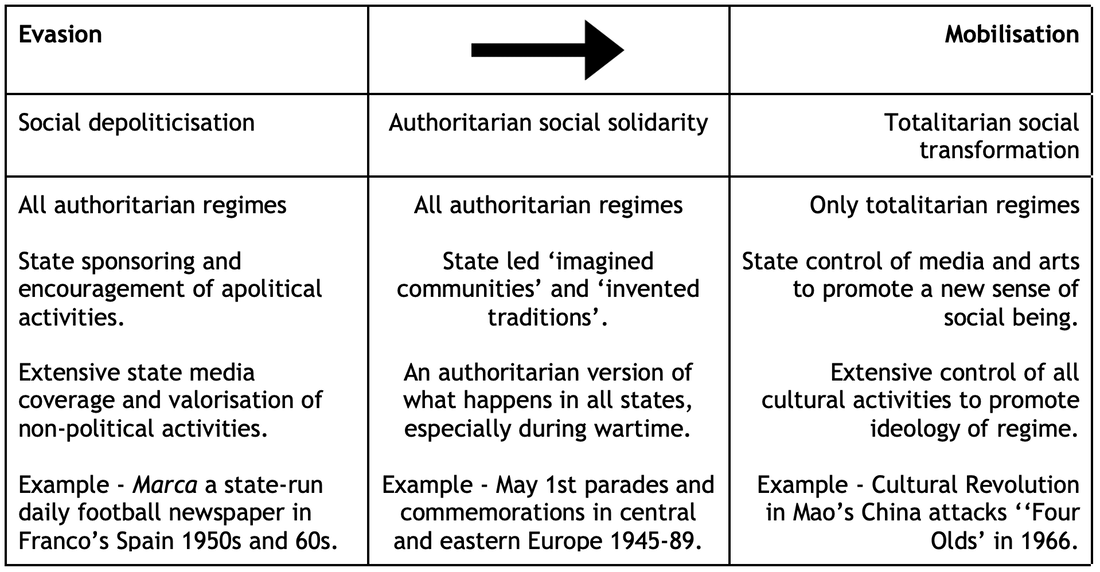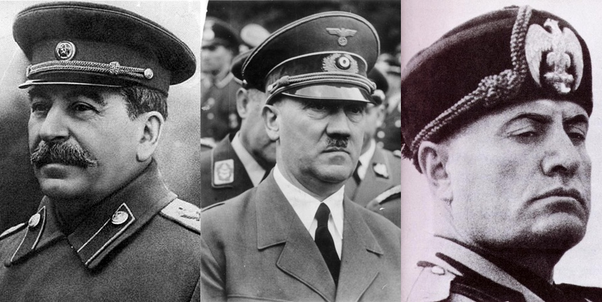How do modern authoritarian states consolidate and maintain power?
This series of lessons explain how in general authoritarian regimes come to power, consolidate power and use that power. You will find these lectures and associated reading the most challenging things you have done this year. This page atempts to explain how authoritarian states consolidate and maintain their power. More detail can be found in three case studies below:
|
|
Having got into power, what does an authoritarian regime do next? The next two sections of the syllabus address this question in overlapping ways. This first section deals with how the state reinforces, extends and maintains its newly acquired power.
The second section will deal with how and why this power is used to transform the country. It is important that from the beginning you appreciate how power and policy are interrelated. For example, as we saw in the earlier case of Lenin's Russia, an authoritarian regime may have an extensive system of police surveillance and prison camps (coercion), but it is still unlikely to stay in power for long if the policies it introduces are deeply unpopular or ineffective (importance of consent). |
|
Coercion - Formal Social Control
a. Coercive Legal Methods - Important during consolidation ‘It has to look democratic, but we must have everything in our hands.’ Walter Ulbricht, later East-German Head of State, 1945. New authoritarian laws In a dictatorship there is no real separation of powers, no independent judiciary or Supreme Court which can strike down legislation as unconstitutional. |
|
Laws might effectively be imposed by decree or a semi-martial law might be imposed, and they are an important example of formal control. The right to express political opinions, to enjoy freedom of religion and the right to privacy are all curtailed in authoritarian regimes. But it is the absence of the rule of law that is the most significant characteristic of an authoritarian state. The individual might be arrested and held for an indefinite period of time, without access to a lawyer and without having enjoyed a fair trial. In prison, they might be denied basic rights, and subject to physical and psychological abuse and torture. In this way, vocal critics, those capable of influencing others, are silenced and potential opposition is stifled. In addition, new authoritarian laws might contravene liberal expectations that new laws cannot be imposed retroactively, or that laws cannot be motivated by political or ideological biases
|
New authoritarian institutions - the dual state
The process of consolidation varies from state to state, but in general terms, authoritarian consolidation means gradually replacing of the old ‘normative’ state with the new authoritarian ‘prerogative’ state. The new institutions of the prerogative state are defined by their extra-legal status, the fact that would lack any authority in a normative state. |
Ernst Fraenkel’s - Normative and prerogative state - The dual state
|
When Hitler failed to get the convictions he wanted at the Reichstag Fire trial, he ordered the creation of People’s Courts which had jurisdiction over a wide range of ‘political offences’ and a tendency to punish more severely. The SA in Nazi Germany were essential to the consolidation of Hitler’s regime, but they had no legal authority to act as they did.
New authoritarian people - the power of patronage
As well changing the laws and the institutions that exercise power, the final aspect of the legal methods employed by authoritarian states is the ability to control the type of people who will exercise power in the state. This gradual process is true of both the normative and prerogative state and is one of the defining characteristics of all authoritarian regimes. Controlling who can exercise authority allows the state to reward loyalty and punish dissent. Individuals are not appointed or promoted because of their ability alone, but because of their ideological suitability. Individual appointments require loyalty to the state; judges, police commissioners and civil servants will on a daily basis reinforce the political and ideological prejudices of the regime. Once these suitable individuals are appointed, they have a profoundly vested interest in supporting the regime. Patronage, therefore, becomes a means of not only consolidating authoritarian rule, it also becomes essential to its long-term maintenance. Importantly, the more power the state exercises, the bigger the state bureacracy becomes. The bigger the bureaucracy, the more significant the power of patronage becomes. It is why communist states - which extend their control over all aspects of economic and social life - are more totalitarian than capitalist authoritarian states which allow the continuation of the capitalist economy.
New authoritarian people - the power of patronage
As well changing the laws and the institutions that exercise power, the final aspect of the legal methods employed by authoritarian states is the ability to control the type of people who will exercise power in the state. This gradual process is true of both the normative and prerogative state and is one of the defining characteristics of all authoritarian regimes. Controlling who can exercise authority allows the state to reward loyalty and punish dissent. Individuals are not appointed or promoted because of their ability alone, but because of their ideological suitability. Individual appointments require loyalty to the state; judges, police commissioners and civil servants will on a daily basis reinforce the political and ideological prejudices of the regime. Once these suitable individuals are appointed, they have a profoundly vested interest in supporting the regime. Patronage, therefore, becomes a means of not only consolidating authoritarian rule, it also becomes essential to its long-term maintenance. Importantly, the more power the state exercises, the bigger the state bureacracy becomes. The bigger the bureaucracy, the more significant the power of patronage becomes. It is why communist states - which extend their control over all aspects of economic and social life - are more totalitarian than capitalist authoritarian states which allow the continuation of the capitalist economy.
b. Coercive Force - Important during consolidation and maintenance
“The best political weapon is the weapon of terror. Cruelty commands respect. Men may hate us. But we don’t ask for their love; only for their fear.” - Heinrich Himmler
“The best political weapon is the weapon of terror. Cruelty commands respect. Men may hate us. But we don’t ask for their love; only for their fear.” - Heinrich Himmler
|
Secret police
The term secret police (or political police) refers to police agencies that are involved in covert actions against political enemies of the state. The Gestapo, KGB and Stasi are names that have attained an emblematic notoriety of authoritarianism and also are the most obvious examples of prerogative state power. The secret police is literally a law unto itself. Real or imagined opponents can be abducted (preventative arrest), indefinitely detained, tortured and murdered without any real ‘crimes’ having been committed and without any due legal process being followed. |
Surveillance
|
|
Why is privacy so important? Privacy is essential to freedom. If you know you are being watched, you modify your behaviour. If you modify your behaviour, you are not acting freely. If your acts are not free, you are under control. Privacy is not the same thing as secrecy. Secrecy implies having something to hide; whereas privacy is about the right to be alone, unobserved, anonymous. But in an authoritarian state, privacy and secrecy are treated the same way. Although the secret police (or other designated agencies) of the prerogative state might be responsible for organising or collating private information on individuals, the authoritarian state relies extensively on the willingness of citizens to watch and report on each other
|
|
Punishment
When we think of punishment in authoritarian regimes, we think of concentration camps in Germany, the Gulag in the USSR and the Chinese Laogai. And yet, authoritarian regimes do not in general punish their citizens more than democracies. What makes authoritarian punishment different is not how many, but rather who is punished and how. As we have seen above, people can be punished in authoritarian regimes without having broken any normative laws. The existence of political prisoners, those who have been identified as a threat to the state, are a distinctive feature of authoritarian regimes. In a democracy, the punished continue to enjoy basic human rights, which broadly means they should be treated humanely. This is certainly not the case in most authoritarian states where forced hard labour, humiliation, corporal punishment and torture can become everyday experiences. |
|
Persuasion - Informal Social Control
Censorship Censorship means that the state suppresses information or opinion which is offensive or contrary to the views of those in authority. It might be considered a negative form of propaganda. Direct censorship means that the state can decide to withhold information or prevent the expression of a particular viewpoint because its publication and dissemination might otherwise damage the ‘national interest’. In many regimes direct censorship is intrusive enough to involve the appointment of official government censors who work alongside journalists, book publishers or film producers approving all that can be published. |
|
In many ways indirect censorship is much more powerful than direct censorship, because the state has no need to be involved in the process at all. With self-censorship, the media understands the ‘unwritten rule’ of what is and is not acceptable to publish and avoids publishing anything that might upset authority. Self-censorship produces a tendency towards conservative content; second guessing what authority might think and avoidance of risk.
Propaganda
Propaganda is a conscious attempt to influence the opinions of an audience (and indirectly their actions) in a way that is designed to serve the interests of those who create and spread the propaganda. Although propaganda is a cultural phenomenon - it concerned with thoughts, ideas and beliefs expressed through newspapers and radio, posters and film - propaganda is also designed to impact on political and social life, albeit indirectly.
Propaganda
Propaganda is a conscious attempt to influence the opinions of an audience (and indirectly their actions) in a way that is designed to serve the interests of those who create and spread the propaganda. Although propaganda is a cultural phenomenon - it concerned with thoughts, ideas and beliefs expressed through newspapers and radio, posters and film - propaganda is also designed to impact on political and social life, albeit indirectly.
|
The propagandists usually work for those in positions of political or economic power and therefore seek to influence the opinions and actions of the audience so as to align them with those in power. The level, extent and nature of an authoritarian state’s propaganda system is a very useful indicator of the very nature of authoritarian control.
|
|
The more ambitious the regime is in its desire to control the individual, the more important the mobilisation of the publilc in support of the regime. This is propaganda as totalitarian mobilisation. At the other extreme is propaganda that is merely meant to depoliticise and entertain. This is important in authoritarian states with little or no totalitarian ambition, it is propaganda as authoritarian evasion. (See lesson 7 for more) All authoritarian states use propaganda that seeks to promote social solidarity and some degree of social depoliticisation, but only totalitarian regimes seek a social transformation through the propagandisation of culture and the arts in general. On education and the arts see social and cultural policies.
|
Charismatic leadership
|
The key concept shared with many modern authoritarian states is their tendency to encourage the growth of personality cults around ‘charismatic’ leaders. Personality cults were certainly not new in the 20th century, but the development of the mass media of popular newspapers, radio and newsreel, at the same time as the arrival of modern authoritarian states, created new opportunities for a cult of authoritarian leaders to be widely disseminated for propaganda purposes. As such, a personality cult is an example of ‘informal social control’. The sociologist Weber wrote about the importance of 'charismatic' leadership, in 1922, the same year as Mussolini’s March on Rome brought the first example of an authoritarian charismatic leader to power.
|
With a personality cult, the charismatic leader embodies the state; the regime and the leader are fused into one. It has a number of functions. It makes the political process intelligible for the masses. The leader can be placed above the political fray, the representative of the common man against the elites. ‘If only Stalin knew…’ is a phrase now associated with the phenomenon whereby victims in authoritarian states blame everyone but the leader. And finally, the leader becomes a familial source of loyalty and genuine affection; a big brother or father figure who over time becomes a source of consistency and comfort.
Activity
Once again there are some complex ideas contained in this section that are essential to a full understanding of how we can analyse how the authoritarian state is able to consolidate and maintain its power. Using the headings as guidelines, and copying diagrams where helpful, make your own set of revision notes based on the lecture and notes in this lesson.
Once again there are some complex ideas contained in this section that are essential to a full understanding of how we can analyse how the authoritarian state is able to consolidate and maintain its power. Using the headings as guidelines, and copying diagrams where helpful, make your own set of revision notes based on the lecture and notes in this lesson.
Extension and extra materials
The Australian National University has published online a book by Anita Pisch about the personality cult of Stalin as shown in posters. It includes a really useful (and serious) analysis of the 'historical phenomenon of personality cults'.
The Australian National University has published online a book by Anita Pisch about the personality cult of Stalin as shown in posters. It includes a really useful (and serious) analysis of the 'historical phenomenon of personality cults'.

